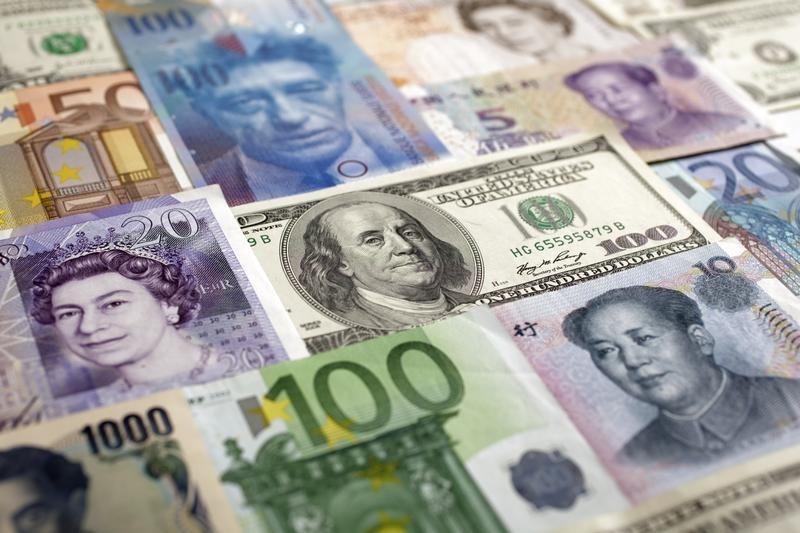* Canadian dollar at C$1.3374, or 74.77 U.S. cents
* Bond prices higher across yield curve
TORONTO, March 24 (Reuters) - The Canadian dollar weakened on Friday against its U.S. counterpart as tame domestic inflation data dampened pressure on the Bank of Canada to turn more hawkish, offsetting the impact of higher oil prices.
Canada's annual inflation rate dipped to 2.0 percent in February from 2.1 percent in January, Statistics Canada said. Analysts in a Reuters poll had expected the inflation rate to remain at 2.1 percent. new measures established by the Bank of Canada late last year showed core inflation below its target.
"The fact that the average of the central tendency core measures is largely unchanged, on average well beneath the Bank of Canada's 2 percent target, will keep them dovish," said Derek Holt, head of capital markets economics at Scotiabank.
The central bank has left interest rates unchanged since cutting its policy rate to 0.50 percent in July 2015.
Prices of oil, one of Canada's major exports, were boosted by hopes that an Organization of the Petroleum Exporting Countries output cut was beginning to balance a long-oversupplied market. crude CLc1 prices were up 0.40 percent at $47.89 a barrel.
At 9:12 a.m. EDT (1312 GMT), the Canadian dollar CAD=D4 was trading at C$1.3374 to the greenback, or 74.77 U.S. cents, weaker than Thursday's close of C$1.3351, or 74.90 U.S. cents.
The currency traded in a range of C$1.3348 to C$1.3385.
The U.S. dollar .DXY edged lower against a basket of major currencies as investors braced for a vote in Congress on Friday on a bill to begin dismantling the Obamacare healthcare law. The vote is seen as a test of President Donald Trump's ability to deliver on his promises of tax cuts and infrastructure spending.
New orders for key U.S.-made capital goods unexpectedly fell in February, but a surge in shipments amid demand for machinery and electrical equipment supported expectations for an acceleration in business investment in the first quarter. Corp TRP.TO said the U.S. Department of State has issued a presidential permit for the construction of the Keystone XL oil pipeline, which would bring more than 800,000 barrels of heavy crude per day from Canada's oil sands to U.S. refineries and ports along the Gulf of Mexico. government bond prices were higher across the yield curve, with the two-year CA2YT=RR up 1 Canadian cent to yield 0.767 percent and the 10-year CA10YT=RR rising 13 Canadian cents to yield 1.672 percent.
The 2-year yield fell 1.9 basis points further below its U.S. equivalent to a spread of -49.4 basis points as Canadian bonds outperformed.
